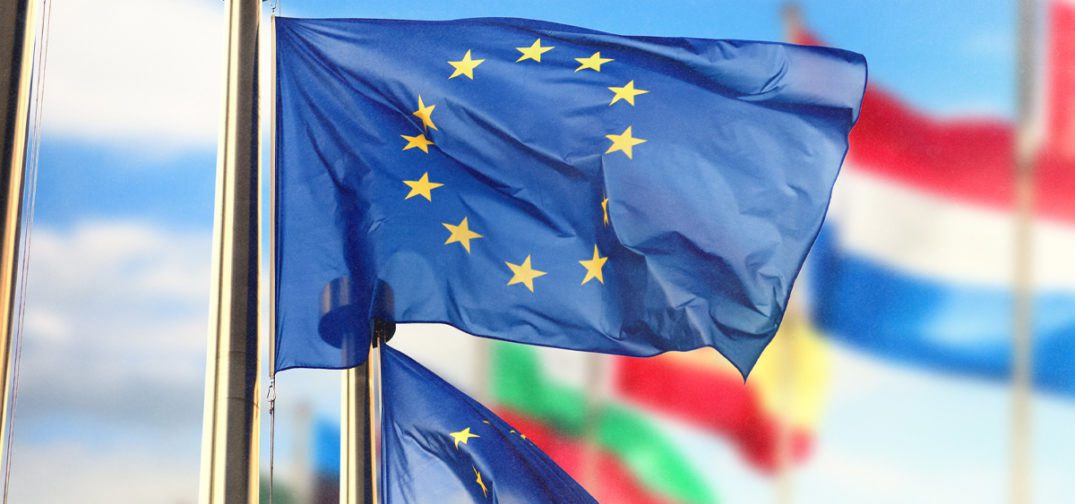The European Union has changed its Common Agricultural Policy to restore the maximum THC levels for hemp grown in the E.U. from 0.2% to 0.3% THC. The new policy puts the THC levels in line with those of the U.S. The European Parliament had reduced the level in October 2020.
The European Industrial Hemp Association (EIHA) said the change, which takes effect Jan. 1, 2023, “recognizes the possibility for farmers to receive direct payments for hemp varieties registered in the E.U. Catalogue that have a maximum level of THC of 0.3%” and that the “change entails a potential enlargement of the number of hemp varieties accepted under the EU Catalogue.”
“As a reminder, this level only applies if farmers want to receive direct payments,” the EIHA noted, “meaning that in Europe it is possible to plant hemp with THC level on the field over 0.3%, provided it is authorized by national regulations (e.g., 0,6 % in Italy; 1 % in the Czech Republic).”
Daniel Kruse, president of the EIHA, said he has been “fighting for this moment for over a decade” but added that the 0.3% threshold is “still a low limit.”
“Scientific studies and many years of experience prove that higher limits pose absolutely no safety risk for consumers. The E.U. lays the foundation for a growing, green and sustainable industrial hemp sector across our Union and it has the chance to achieve a level playing field again in global competition when it comes to the industrial hemp sector.” — Kruse in a statement
Lorenza Romanese, EIHA managing director, said the “small step reflects that EU legislators are closer to fully acknowledging and recognizing the existence of a legitimate European hemp sector.”
“However, as I have said other times, this is not it,” she said. “We need to keep working together, as there are still other areas where hemp deserves to be better regulated, but we are on the right track.”
Last year, the E.U. highest court ruled that hemp-derived CBD is not a narcotic because “it does not appear to have any psychotropic effect or any harmful effect on human health.” In a 2017 report, the World Health Organization described CBD as “generally well tolerated with a good safety profile” and said there is no evidence “of any public health-related problems associated with the use of pure CBD.” The following year, the agency recommended descheduling the cannabinoid.
Get daily cannabis business news updates. Subscribe
End
